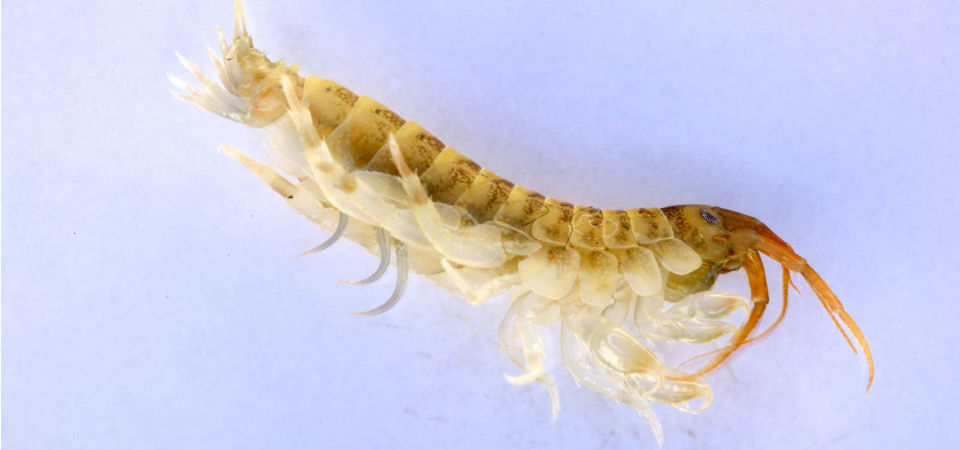Freshwater ecologist Dr Simone Guareschi is carrying out the research at Loughborough University as part of the Royal Society-Newton International Fellowship – a scheme which helps outstanding international early career post-doctoral researchers from all over the world to undertake research in the UK for two years.
His project, The effects of biological invasions on the ecological integrity of rivers and biomonitoring indices: identifying challenges and predicting the consequences, will investigate the effects of several non-native invertebrates including killer and demon shrimp and the Asian clam on the ecology and assessment of the health of UK river ecosystems.
Invasional meltdown is when one invasive species adopts a new environment and makes it easier for other non-native species to invade.
Dr Guareschi’s project will provide the evidence for academics and environmental regulators, such as the Environment Agency, to quantify the effects of aquatic invasive species and help combat any harmful consequences.
He said: “Rivers are among the most endangered ecosystems worldwide, due to multiple stressors that affect freshwater ecosystems”.
“Evidence suggests that traditional ways of monitoring rivers will have to change to reflect the presence of these non-native species and the transforming effect they have on those ecosystems, such as predation and the replacement of indigenous species.
“The results of the study will be utilised and of direct relevant to any freshwater regulatory organisations in the UK, such as DEFRA, the Environment Agency, Natural Resources Wales and Scottish Environment Protection Agency.”
The project, being undertaken by the Department of Geography and Environment, will run from 2019 until 2021.
 The UK's rivers have been the focus of research into a number of invasive species such as shrimp clams and crayfish
The UK's rivers have been the focus of research into a number of invasive species such as shrimp clams and crayfish
About killer and demon shrimp
Both killer and demon shrimp are native to the Black Sea region and were most likely spread to western Europe by commercial shipping over the past 20 years.
Dikerogammarus villosus (killer shrimp), first discovered in the UK in 2010, are considered to be one of the most damaging invasive species in Europe and live for about a year.
They are able to survive in a variety of environments but prefer to colonise slow to moderate-flowing water - females are able to produce three broods a year, each with an average of 100-150 eggs per brood.
Dikerogammarus haemobaphes (demon shrimp) were first recorded in Britain in 2012.
Both the killer and demon shrimp are omnivorous but are known to prey on other invertebrates (insects, crustaceans, molluscs and worms), fish eggs, as well as small fish and in some cases kill their quarry but do not eat them.
Both species have been linked to the decline of native freshwater shrimp, some mayfly species, as well as stonefly and caddis flies.
ENDS

